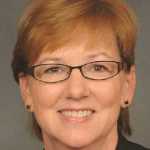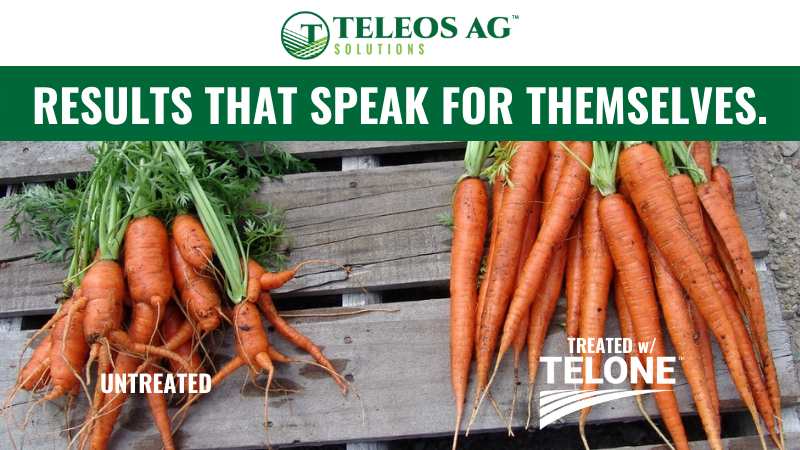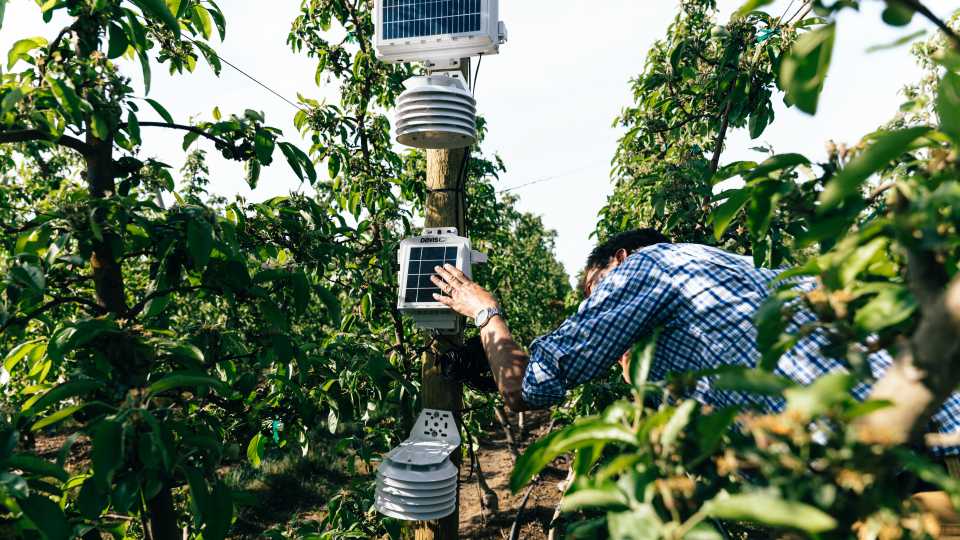Fortify Food Safety Focus
The Center for Produce Safety (CPS) recently held its second food safety research symposium, and the consistent themes throughout the meeting in Orlando were partnership, cooperation, and collaboration.
Founded four years ago, the center at the University of California-Davis brings together industry, government, and the research community to answer questions about food safety. Research funded by the partners (FFVA is one, as is the Florida Tomato Committee) provides knowledge so all sectors of the supply chain can continue to improve their food safety programs.
So far, the center’s public-private partnerships have invested $9 million to fund 43 research projects, with findings reported in 27 of those projects.
The timing was interesting. The symposium took place as an E.coli 0104:H4 outbreak was going on in Europe, driving home the importance of the research being funded by the center. The outbreak also was a reminder that there is much work yet to be done.
In his welcome remarks, Dr. Bob Whitaker, chief science and technology officer for the Produce Marketing Association, said the real food safety “experts” were the folks sitting in the audience. “They have to take this knowledge and go back and make their food safety programs better,” he said. “Often, research is a continuum. It exists in a gray area. But it allows us to ask better questions to pursue deeper answers, [such as] how does this translate to your operation and what you’re doing every day?”
Cohesion Needed
For example, one researcher who was conducting a wildlife survey needed access to private property to collect data. Instead of throwing up roadblocks, the growers were happy to see the work was being done. Collaboration is what makes it work, especially in data collection, where confidentiality must be protected while still allowing researchers to get usable data.
From the producer standpoint, Stephen Patricio of Westside Produce in California, said growers are willing to step up to the plate. “You obviously want to have the best product available. You’re proud of what you do,” he said. “We feed our product to our family. We don’t want to be in this ‘gotcha’ climate … We should be working together, and that’s the message.” With that kind of attitude, it’s no surprise that Patricio is now serving as the CPS’ new Advisory Board chairman.
Others pointed out that focused research is important. To engage industry and get buy-in from the production community, a project must have crystallized objectives and a clear deliverable at the end of the process, said Hank Giclas, senior vice president of Western Growers.
Investing In The Future
Bryan Silbermann of PMA pointed out that CPS wasn’t founded to rely solely on government funding. “We need to leverage money from industry and associations with government funding. Keeping that model in mind, we have to get the supply chain in its entirety to step up to the plate … We have a proven track record, and that speaks volumes to potential funders.”
For more information on the Center for Produce Safety, visit https://cps.ucdavis.edu.









